Last week represented a new chapter for Taste Up. As of now, this Belgian herb grower and packager is officially carbon neutral. The pandemic seriously affected many businesses. In the fruit and vegetable sector, for example, hospitality suppliers' sales collapsed overnight. Taste Up supplies a lot to eatery wholesalers. So they also lost much of their turnover. Also, they had air freighters en route with edible flowers and fresh herbs. They could no longer sell those goods and they, therefore, had to be discarded.
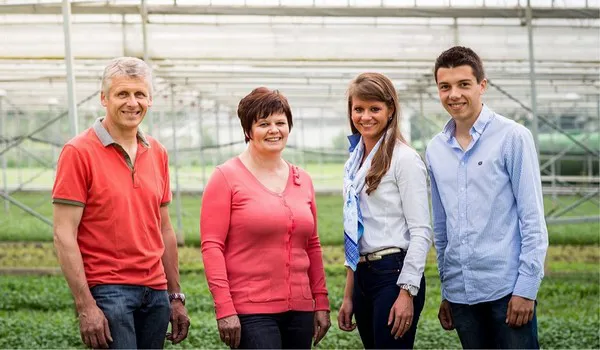
Jorne Leemans (right) and Jolien Vanden Berghe (second from right).
COVID-19
"The pandemic put us on hold for a while," says Jorne Leemans, Taste Up's owner. "COVID-19 gave a chance to reflect. We started considering how we could differentiate ourselves while making a difference." So Jorne and his partner Jolien Vanden Berghe mapped out their whole company's CO2 emissions. They decided to reduce that until the business reached carbon neutrality.
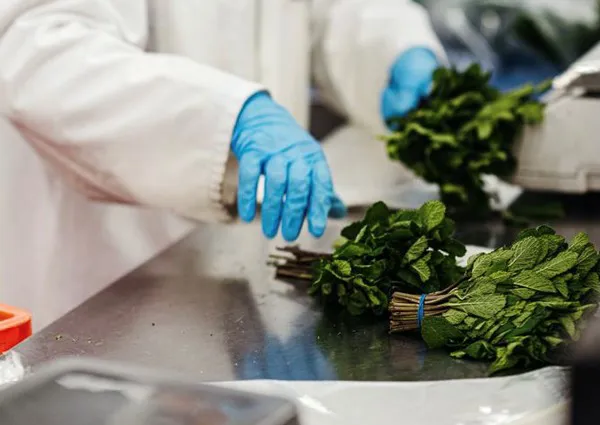
CO2-neutral
“We think it's important to offer our customers sustainable products. And to operate our company responsibly regarding people and the earth. We've now managed to greatly reduce our emissions. We offset what's left by supporting projects in Kenya." Taste Up is therefore officially carbon neutral now.

Kenya
The project Taste Up supports in Kenya assists the local community. They give them proper cooking facilities. So, they no longer have to chop wood for cooking. That reduces emissions and deforestation. It also frees up Kenyan cooks' time for other things.
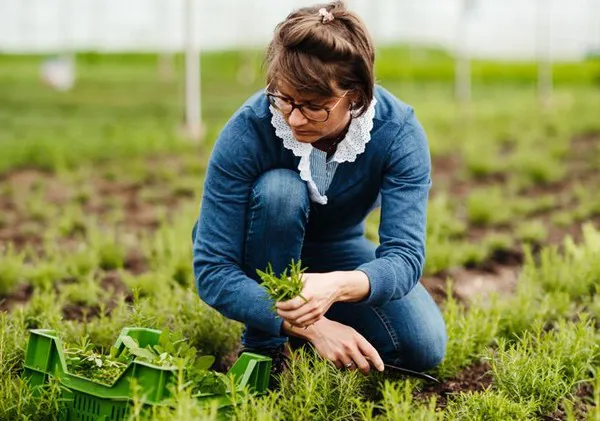
It's not by chance that Taste Up supports a project in Kenya. "We've been working closely with Kenyan growers for years. We import some of our products from there. Kenya has abundant sunlight and fertile soil. The country, therefore, has the perfect growing conditions for our products. By supporting a project there, we can boost the local economy a bit," Jorne continues.
Popular
The fresh herb market is, COVID-19 aside, a very stable one. Taste Up's has had the same popular products for years. They are mint, coriander, basil, and chives. They grow many herbs and flowers in their greenhouse in Belgium when possible. "It has to be sunny enough, though. Herbs need sunshine to develop a full flavor."
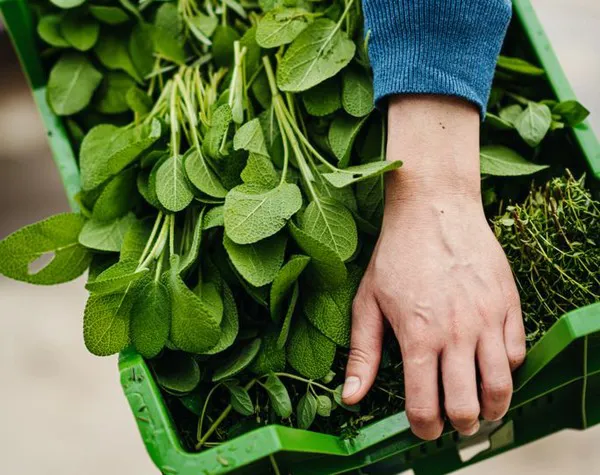
Fresh mint
Flavor
“We want to distinguish ourselves to our clients by doing sustainable, responsible business. But we also think it's vital to be a total flavor supplier. That's why we also import from Kenya, for example. We don't want to compromise on our products' quality. Our assortment not only has fresh herbs. It also includes peppers, salads, and edible flowers," Leemans continues. The hotels and restaurants have reopened and there is a strong increase in demand from that sector.
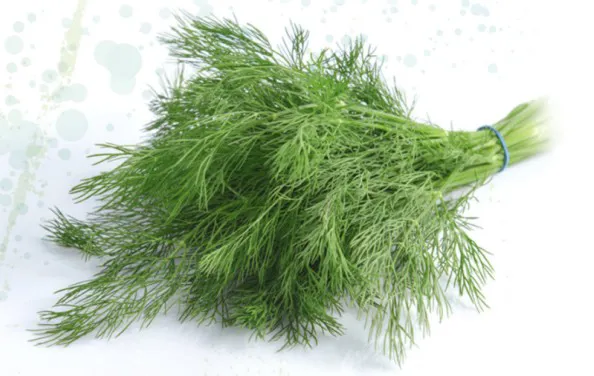
"We're grateful that gastronomers have found their way back to us. They still use our products frequently too. We've always focused strongly on taste, and fortunately, our buyers appreciate that. However, we're pleased that we can now also offer our customers something extra. So, little by little, we can make a difference and hopefully, inspire other companies," he concludes.
For more information:
Jorne Leemans
Taste Up
150 Brussel Street
1702, Groot-Bijgaarden, Belgium
Tel: +32 (0) 477 879 440
Email: Jorne@tasteup.be
Website: www.tasteup.be
